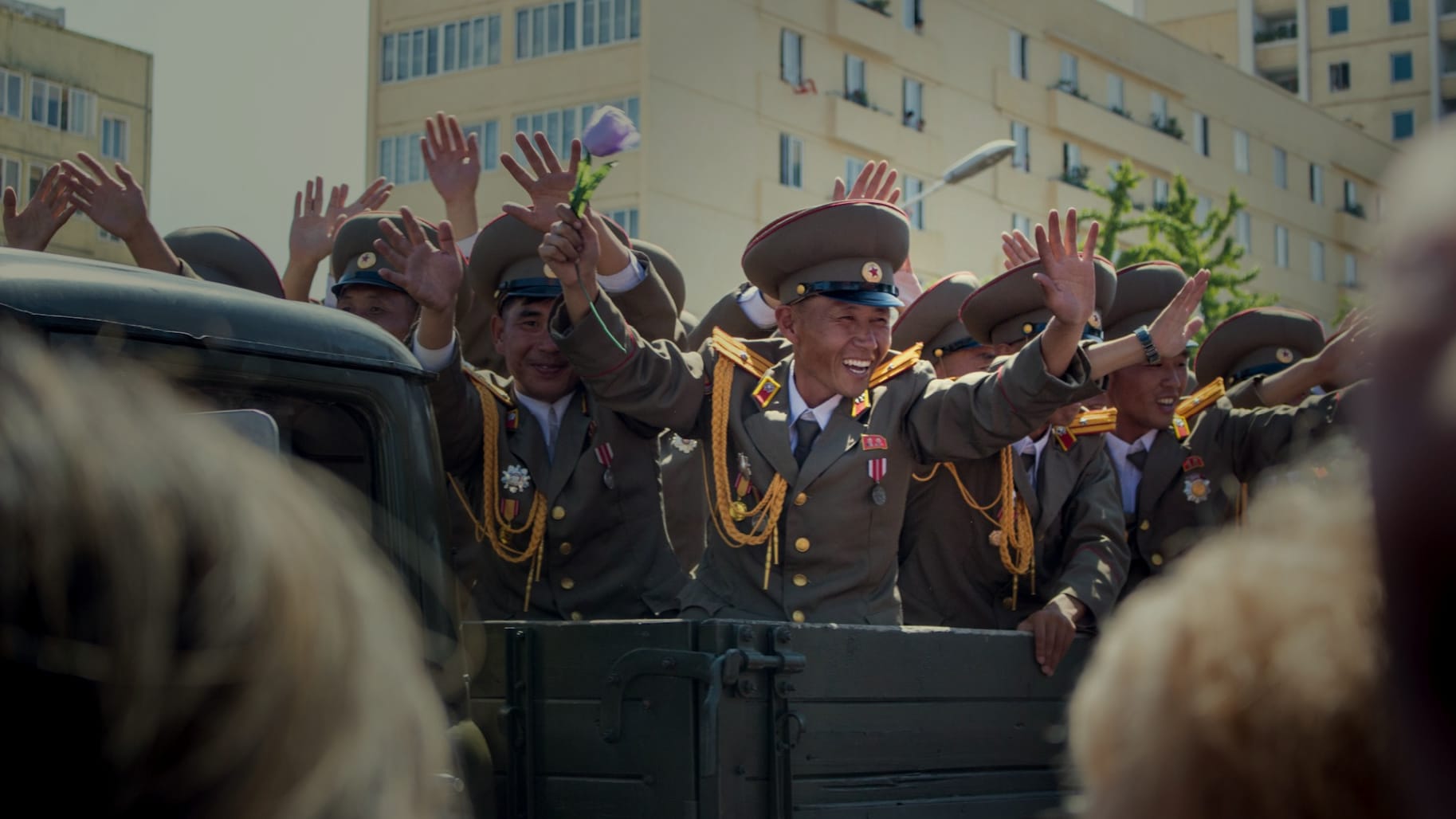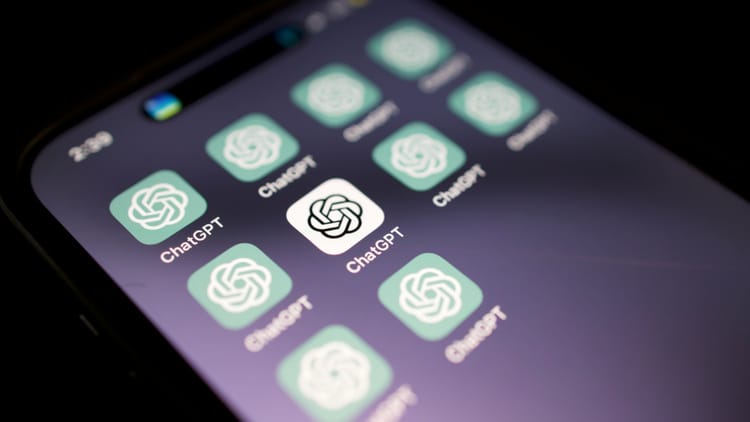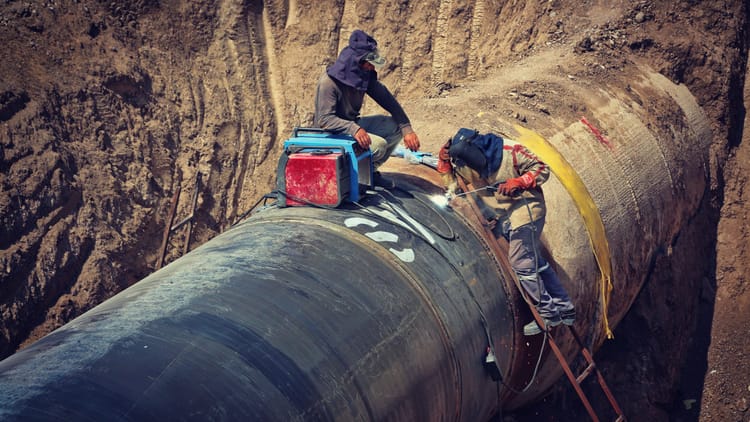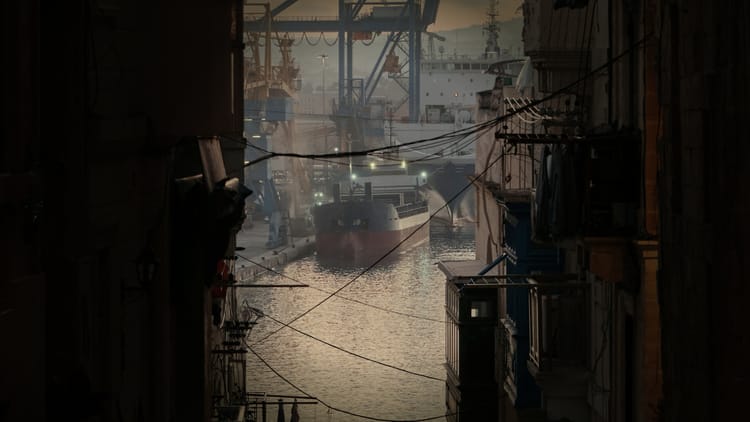The three-body problem
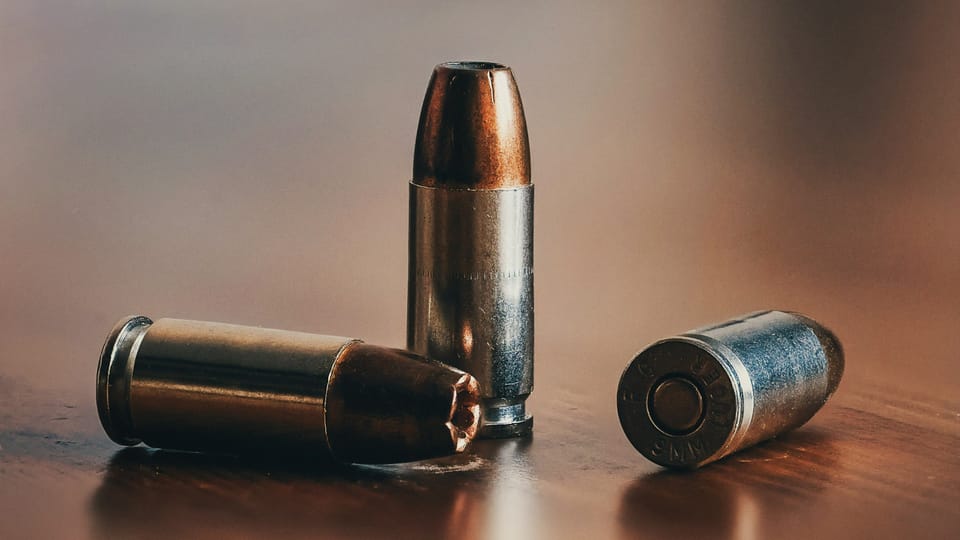
Of all the ways the war in Ukraine could have gone, few people predicted—or even imagined—that soldiers from North Korea would end up fighting in Europe on behalf of Russia. But that’s what happened.
In October 2024, Pyongyang agreed to send 10,000 troops to Russia’s Kursk region to help push back Ukrainian forces from Russian territory. Moscow and Pyongyang tried to hide it—the North Korean troops got Russian uniforms and fake identities—but North Korea’s Supreme Leader Kim Jong Un acknowledged the troop transfer in April this year.
By now, at least 2,000 North Koreans have died in Russia, with some estimates as high as 4,000. In June 2025, Kim announced he was sending Kursk another 1,000 soldiers to clear mines and about 5,000 military construction workers to rebuild infrastructure in the region.
This unprecedented military support is the most striking part of the new, broad alliance between North Korea and Russia. They signed a comprehensive treaty in June 2024, covering political, military, and economic cooperation. Pyongyang started selling arms to the Kremlin in late 2023 and has become Russia’s biggest external supplier, sending millions of artillery shells, rockets, and mortar rounds, along with launchers and missiles.
The new relationship means a lot for North Korea, too. Though some defense deals remain secret, reports indicate North Korea is getting fighter jets, missile systems, technology for reconnaissance satellites, and assistance with nuclear-submarine development and tactical-nuclear capabilities. It’s also getting critical economic commodities, along with a tourist train that began running between Russia’s Vladivostok and North Korea’s Rason in May.
The partnership’s implications seem big: When the Chinese Communist Party held its Victory Day celebrations on September 3 to commemorate the 80th anniversary of Japan’s surrender to China at the end of World War II, Kim and Vladimir Putin got the seats on either side of Xi Jinping.
What’s changed?
Rachel Minyoung Lee is a senior fellow in the Korea Program at the Stimson Center in Washington and a former intelligence analyst for the U.S. government. Lee says the new relationship with the Kremlin has emboldened Kim Jong Un. Maybe most importantly, he’s acting more boldly about his country’s nuclear program. In September 2024, North Korea codified its possession of nuclear weapons into its Constitution, and Kim says he won’t even talk about giving them up. His strong backing in Moscow appears to be influencing how Kim deals with China and South Korea.
It might also be changing how China deals with him: As his seating at the Victory Day parade—and summit with Xi—suggest, Beijing now seems to want stronger ties with Kim to balance his tilt toward Moscow …
Michael Bluhm: What’s the extent of the cooperation between Russia and North Korea now?
